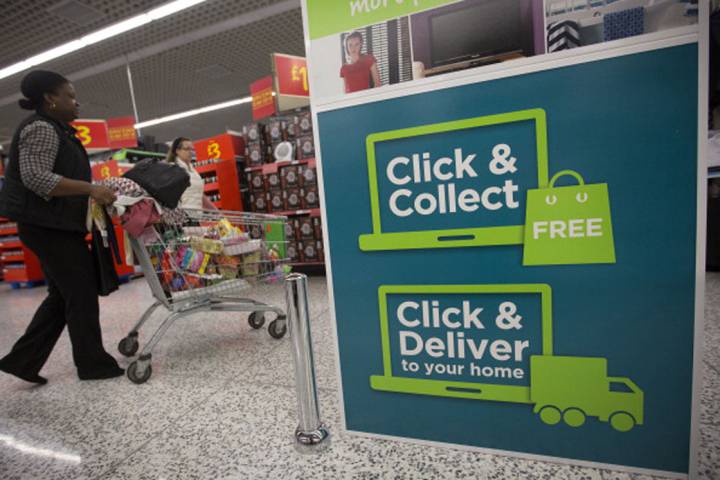Many consumers have stopped picking items off of shelves, and are letting store employees do that for them in a new system called ‘click and collect.’ Here’s how it works: customers select and purchase their items online and then pick them up at a prearranged location, already bagged. After all, why go through all the work when someone else can do it for you?
The Brits Lead the Way
In England, major supermarkets like Tesco and Sainsbury offer this service free of charge if you spend at least £40. Meanwhile in the US, this service is largely unavailable. Retailers like Whole Foods and Kroger are experimenting with this model, but for the most part most grocery stores are stepping in with trepidation.
The Benefits of a Click and Collect Model
Click and Collect offers some interesting strategic advantages:
- Customer Loyalty: Allowing for Click and Collect orders to be collected at pick-up stations placed in parking lots closer to office buildings means customers don’t need to go to the store itself to get their items. This allows for a customer to remain loyal to a store without needing to travel to the store.
- Convenience: Click and Collect merges the ease of online ordering with the convenience of picking up on any schedule without needing to pay a delivery fee.
- Availability: Running a grocery store with square footage can be expensive, so extending a grocer’s reach without the costs of a full store can expand sales. Increase Click and Collect stations throughout a part of the city/town where grocers have no physical presence.
Some stores are taking that last strategy even further with the advent of dark stores. This essentially means that some retailers are setting up stores where customers can’t go inside- they are used solely to fuel Click and Collect shoppers. These stores are organized counter-intuitively from a normal grocery standpoint and sometimes even have robots picking items instead of humans. This lowers costs for the grocers as pickers can spend less time getting their items together and can pay less in robot maintenance than wages.
The grocery industry is still largely on the forefront of what Click and Collect and online delivery are going to look like, and the future looks strange and exciting to everyone involved. Competitively, the US market is wide open with no real leaders in this space. Many of the larger chains are waiting to see how the European large chains are dealing this new technology when it comes to margins and sustainability. This has left select retailers and smaller retailers to experiment with the technology.


